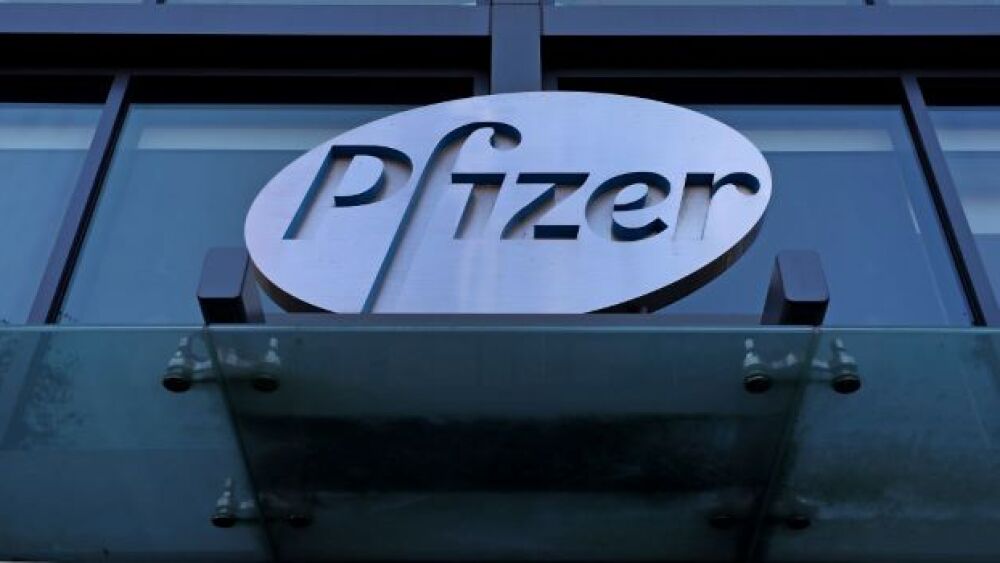Pfizer has paused screening and dosing of a Phase Ib study of its experimental gene therapy treatment for Duchenne muscular dystrophy following the unexpected death of a patient.
David L. Ryan/The Boston Globe via Getty Images
Pfizer has paused screening and dosing of a Phase Ib study of its experimental gene therapy treatment for Duchenne muscular dystrophy following the unexpected death of a patient.
On Monday, the pharma giant announced the death of the patient participating in the non-ambulatory cohort of the company’s Phase 1b mini-dystrophin gene therapy trial for DMD. The study was assessing PF-06939926, an investigational recombinant adeno-associated virus serotype 9 (rAAV9) capsid that delivers a shortened version of the human dystrophin gene into the patient. The company chose the rAAV9 capsid as the delivery vector due to its potential to target muscle tissue.
Pfizer said it is “deeply saddened” to learn of the patient’s death.
“On behalf of everyone at Pfizer, we extend our sympathies to his family, friends and those closest to his care,” the company said.
Pfizer said it is working with the independent External Data Monitoring Committee to review the data in order to understand what happened and has notified the U.S. Food and Drug Administration. This has slowed the company’s plans to file an Investigational New Drug application as the FDA has placed a hold on the process.
“The safety and well-being of the patients in our clinical trial remains our top priority, and we are committed to sharing more information with the medical and patient community as soon as we can,” the company said in a statement.
Data from the Phase Ib study of PF-06939926 in ambulatory boys showed the gene therapy showed durable and statistically significant improvements in multiple efficacy endpoints measured 12 months following infusion.
It is unknown at this time if the death will impact the ongoing Phase III CIFFREO study in in ambulatory boys with DMD. The first patient was dosed in January. The CIFFREO study is expected to include 99 ambulatory male patients, ages 4 through 7. The primary endpoint is the change from baseline in the North Star Ambulatory Assessment after one year. The assessment measures gross motor function in boys with DMD.
In October 2020, PF-06939926 received Fast Track designation from the FDA. The experimental gene therapy has also received Orphan Drug and Rare Pediatric Disease designations from the agency.
Duchenne muscular dystrophy is an X-linked disease that is caused by mutations in the gene encoding dystrophin, which is a protein needed by the muscles for stability. Dystrophin normally protects muscle fibers from breaking down. With a lack of dystrophin, the muscles in those with DMD, which typically affects boys, will begin to degenerate. The disease often shortens the lives of patients. Around 15,000 U.S. patients are affected with Duchenne, with about 300,000 patients worldwide.
Currently, there are five therapies approved for DMD in the United States. Each of the therapies is aimed at a subset of the patient population. Four current treatments on the market, three from Sarepta Therapeutics and one from NS Pharma, are all exon skipping treatments, meaning the therapies allow for a skipping of the exons that cause the mutation. The fifth is a corticosteroid developed by PTC Therapeutics approved to treat DMD regardless of genetic mutation. The corticosteroid offers anti-inflammatory and immunosuppressant effects for patients.





